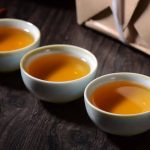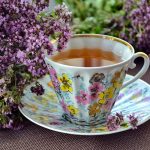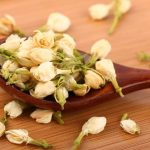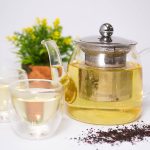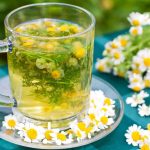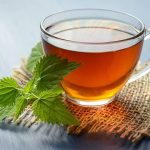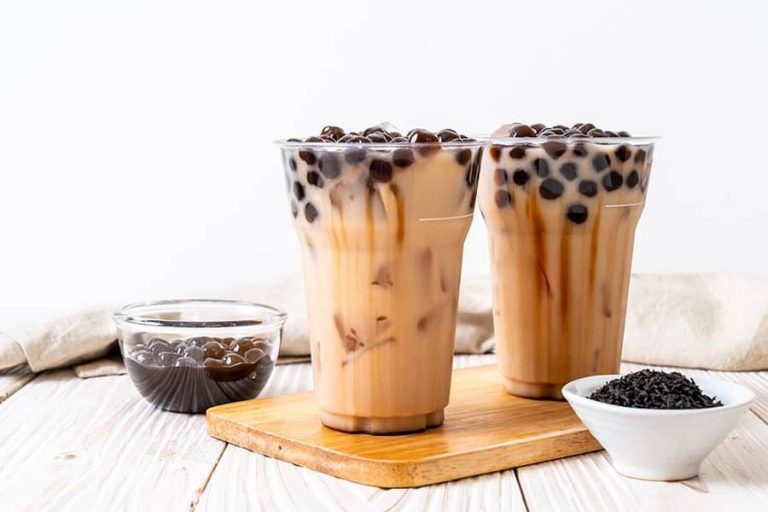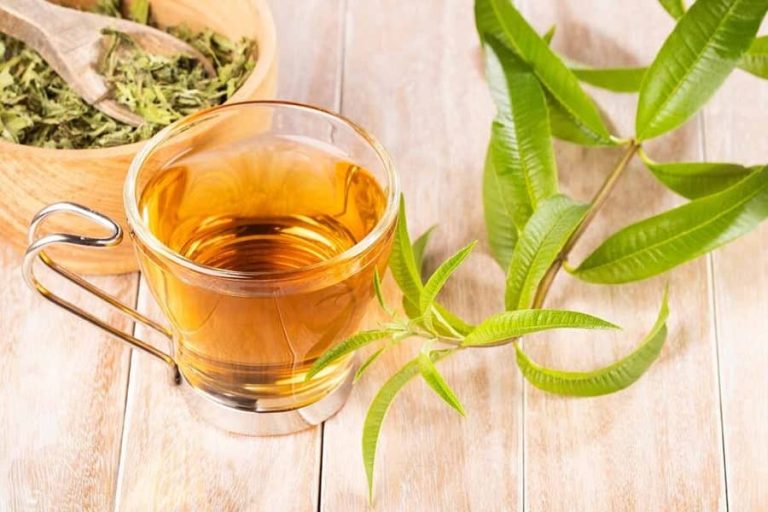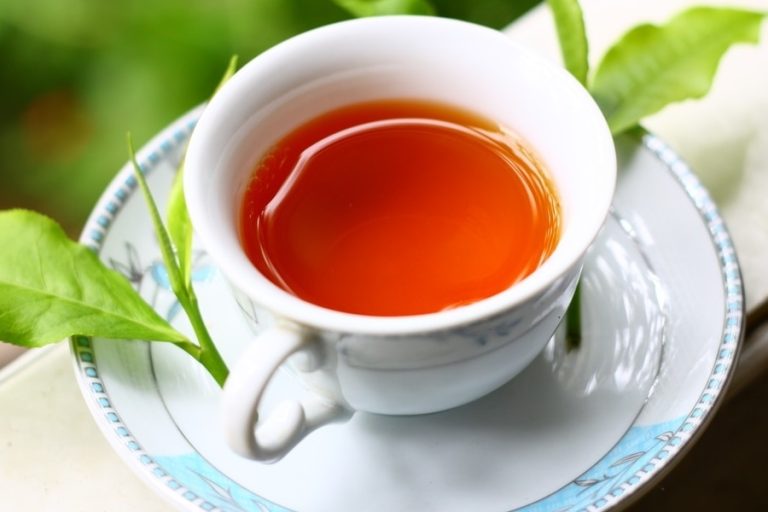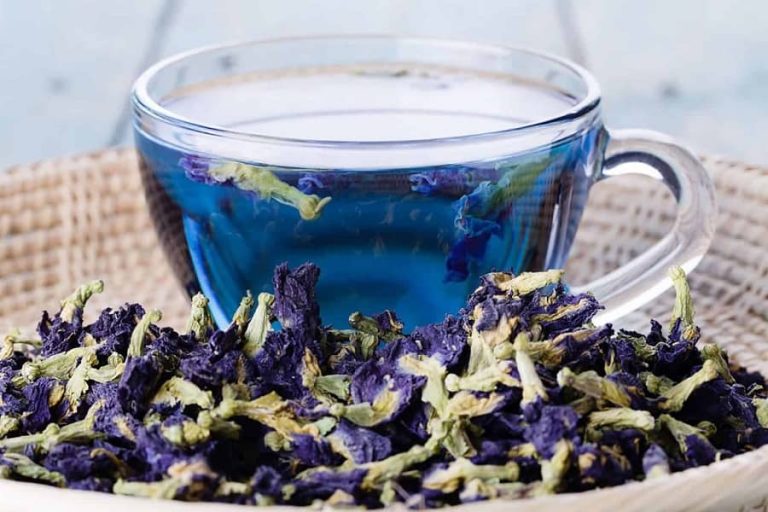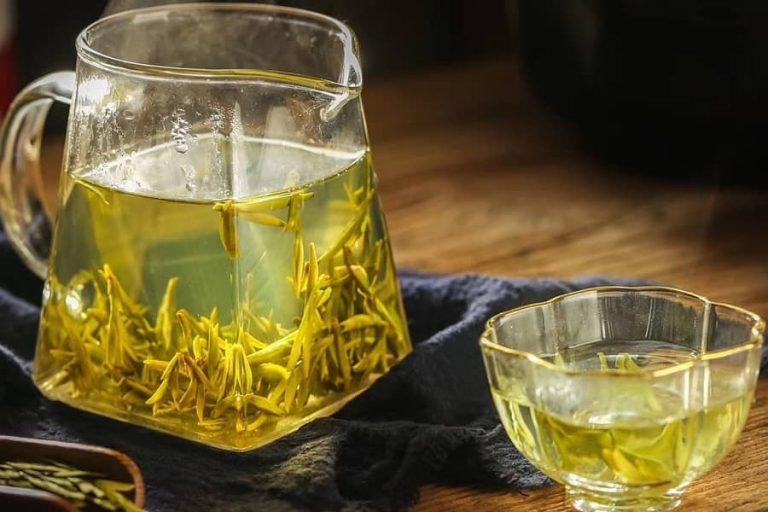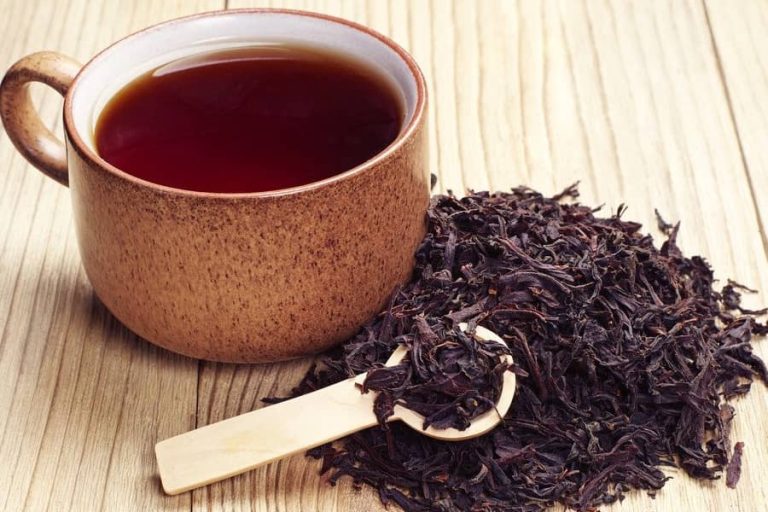Does Royal Milk Tea Have Caffeine?
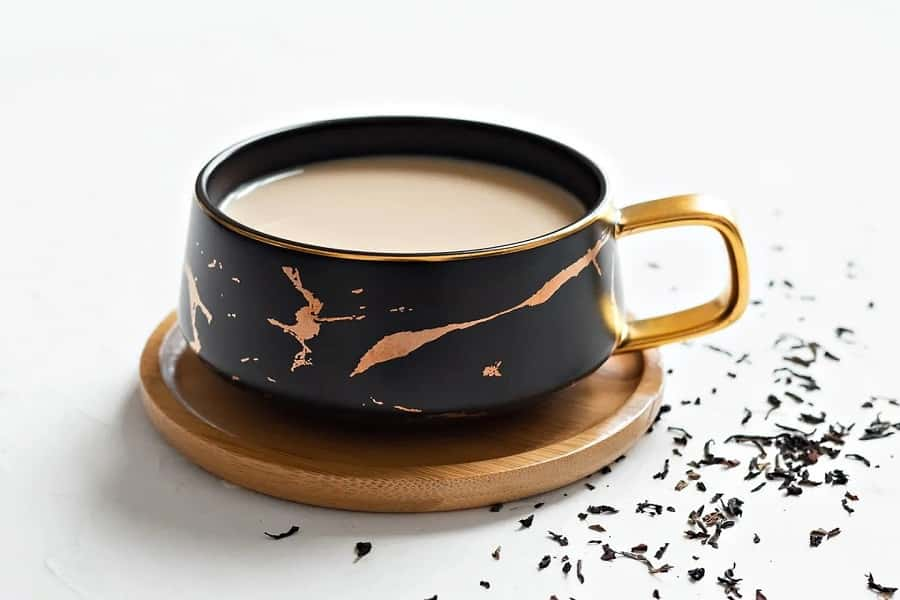
Royal Milk Tea is a beloved beverage that combines the richness of black tea with the creaminess of milk. While many enjoy it for its taste and comforting qualities, others may be concerned about the caffeine content in their cup. In this article, we’ll explore whether Royal Milk Tea contains caffeine, the potential health implications, and ways to enjoy it without caffeine.
Understanding Caffeine
Caffeine is a naturally occurring stimulant found in many beverages and foods. It works by stimulating the central nervous system, promoting alertness and reducing fatigue. While moderate caffeine consumption is generally considered safe for most adults, excessive intake can lead to negative side effects like insomnia, anxiety, and digestive issues.
Ingredients in Royal Milk Tea
Traditional Royal Milk Tea is made from black tea, milk, and sweetener like sugar or honey. While the milk and sweetener don’t contain caffeine, black tea does. The caffeine content in black tea varies depending on factors like brewing time, water temperature, and the type of tea leaves used.
Black Tea and Caffeine
Black tea is made from the leaves of the Camellia sinensis plant and contains caffeine. On average, an 8-ounce cup of black tea contains 47 milligrams of caffeine. This amount can range from 25 to 110 milligrams depending on the factors mentioned above. Therefore, Royal Milk Tea made with black tea will contain caffeine.
Milk and Caffeine
Milk itself does not contain caffeine, so adding milk to your Royal Milk Tea won’t increase its caffeine content. However, some studies suggest that adding milk to tea can reduce the amount of available caffeine. The proteins in milk may bind to the caffeine molecules, making them less accessible for absorption by the body.
Decaffeinated Royal Milk Tea
If you’re sensitive to caffeine or looking to avoid it altogether, decaffeinated Royal Milk Tea is an option. Decaf tea undergoes a process to remove much of the caffeine, reducing its content by up to 97%. However, it’s worth noting that trace amounts of caffeine may still remain in decaf tea.
Caffeine Content in Different Varieties
The caffeine content in Royal Milk Tea can vary depending on the type and brand of tea used. For example, some types of black tea have higher caffeine levels than others. Additionally, different brands may use different brewing methods or blends of tea leaves, affecting the caffeine content.
Health Considerations
While moderate caffeine consumption is generally safe for most adults, excessive intake can lead to negative side effects. Caffeine can interfere with sleep, exacerbate anxiety, and cause digestive issues. Additionally, some individuals may be more sensitive to caffeine than others. It’s important to consider your personal health needs and preferences when consuming Royal Milk Tea or any caffeinated beverage.
Enjoying Royal Milk Tea without Caffeine
If you’re looking to enjoy the creaminess and comfort of Royal Milk Tea without caffeine, there are alternatives. You can use decaffeinated black tea or other caffeine-free herbal teas like chamomile or rooibos. Additionally, you can experiment with different types of milk or sweeteners to find a combination that suits your tastes.
Conclusion
Royal Milk Tea made with black tea will contain caffeine, but the amount can vary depending on factors like brewing time and tea type. While moderate caffeine consumption is generally safe, those with sensitivity or health concerns may want to explore decaf or caffeine-free alternatives. Ultimately, enjoying Royal Milk Tea should come down to personal preference and consideration of individual health needs.

